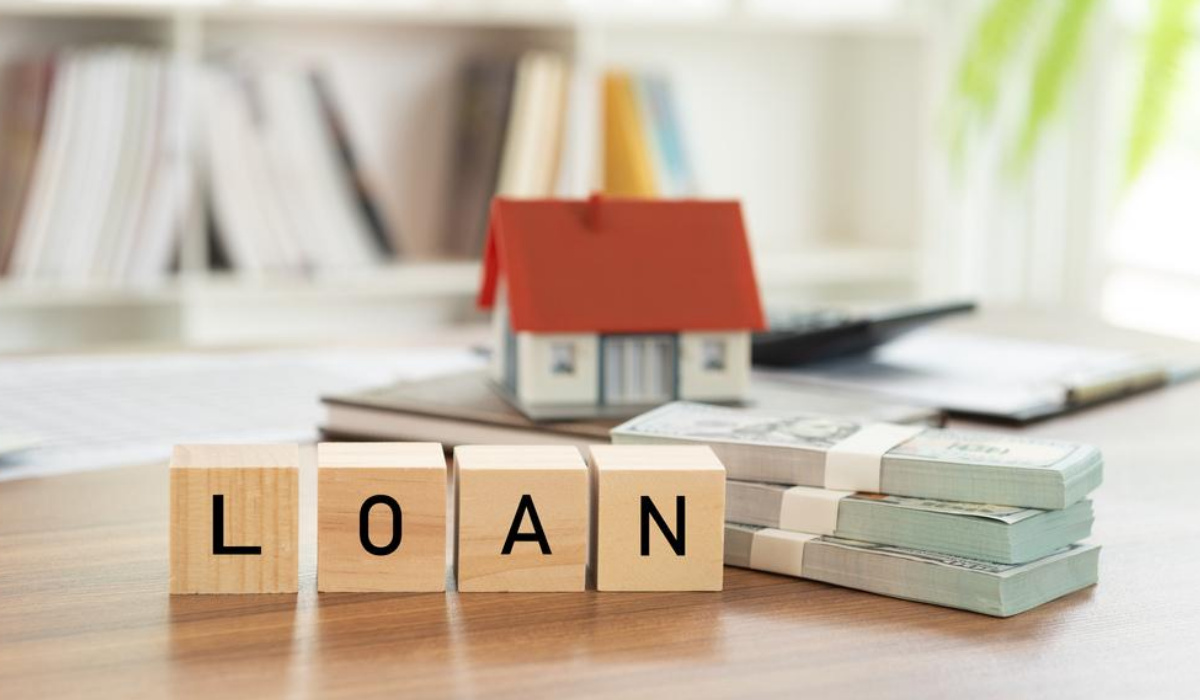5 Important Factors to Consider Before Opting for a Home Loan in India
Share 5 Important Factors to Consider Before Opting for a Home Loan in India
Home loan interest rates are at a multi-year low and indeed the real estate prices of residential flats have remained mostly stagnant over the last few years. For those seeking to purchase a home of their own, the current chance may well be utilized to one’s full advantage. The low-interest rate in the surroundings is also conducive to investors who need to invest in a real estate property through a blend of their finances and loan and multiple investors are formerly buying properties through financing across major metropolises in the country.
But, whether you're taking a home loan as an end-user or as an investor, here are some essential effects to know before closing a lender. You can approach a bank offering a home loan or any non-banking finance company (NBFC) offering home loans.
1. ELIGIBILITY
The amount of home loan that you'll be eligible to get will depend on some factors like your income, age, credit score, term of the loan, etc. While income will play one of the biggest places in choosing the amount of loan, you can always show the income of your partner as a co-applicant to the loan. This helps in sweetening the home loan eligibility to a great extent. Overall, the lender will give a loan, the EMI for which you can serve with around 50 percent of your take-home pay. The eligibility can also be enhanced by adding the term of the loan as it brings the EMI down.
As a borrower, you can use home loan eligibility calculators available on the net or ask your lender to give the figures grounded on your demand. It's suggested to approach at least 3-5 lenders to establish the optimal home loan amount before finishing.
2. RATE OF INTEREST
Though, the home loan interest given will be connected to an external benchmark, If you're approaching a bank for a home loan. For top banks, it's the RBI Repo rate to which a bank’s lending rate is linked. Every moment, there's a change in RBI repo rate, home loan rate of interest for the borrower may see a review with a time pause of three months, especially if you have a flexible home loan interest rate.
As a borrower, ask for the bank’s external criterion rate popularly referred to as the Repo linked lending rate (RLLR), and then see how big is the home loan the interest rate applicable to you. The RLLR could be the floor rate for the banks over and above the rate may differ for individual borrowers depending on the amount of loan, term, etc.
In the case of housing finance companies or NBFCs, the lending rate is grounded primarily on their cost of finances and is still laterally impacted by the RBI’s repo rate movements. Look for lenders with lower RLLR or lending rate and then compare the home loan rate of interest applicable to you.
3. IMPACT OF CREDIT SCORE
Your Credit Profile plays an important part and allows lenders to give a lower rate of interest to you. An advanced credit score of anything above 750 is preferred by lenders and you can save a lot of interest by benefiting home loan at a competitive rate of interest rate. multiple lenders have started offering lower rates to borrowers grounded on their credit score. However, you may take the necessary way to enhance it and also approach lenders for loans, If the credit score is a little lower than the magic figure of 750.
4. DOWNPAYMENT
Most lenders will loan 80 percent to 90 percent of the value of the home that you wish to purchase. The balance has to be arranged by you from your sources as the down payment amount. Perfectly, choose to arrange maximum down payment and mileage a lower loan amount low to keep the interest burden lower. However, conclude for an advanced loan amount and repay a major chunk of the loan in the original period of the loan term, If this isn't possible at the earliest stages. This will also keep your interest cost of the home loan low.
5. DOCUMENTS
The documentary proof regarding your income will vary depending on whether you are a salaried, professional, or businessman. Among others, for salaried borrowers lenders will ask for Form 16 or ITR for the last 3 years, bank statement, etc. Depending on your income source, you may be asked for the last 3 year's Income Tax returns (self and business), the last 3 year's Profit /Loss, and Balance Sheet including the last 6 months' bank statements and even GST returns.
Now that you are aware of the essentials of a home loan, it’s time to take action and finalize the home loan by approaching a few lenders. Make the right choice and keep the interest costs low. A difference of a few percentage points can result in you saving several lakh of rupees and having a home that you can call your own.
Request a Call Back

